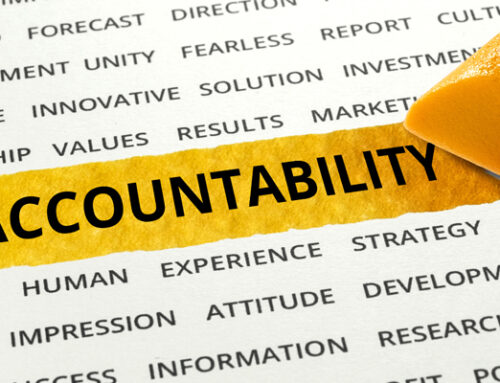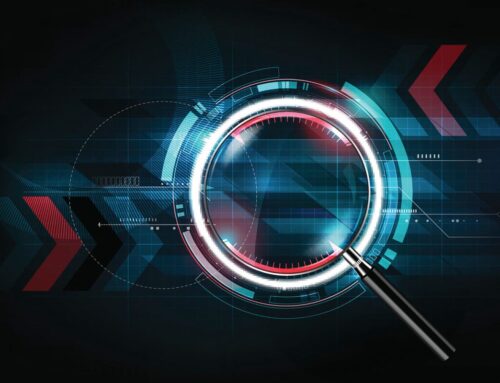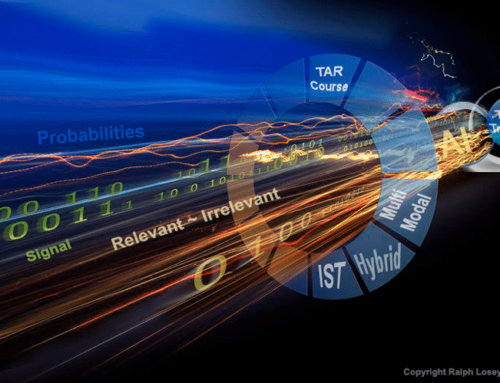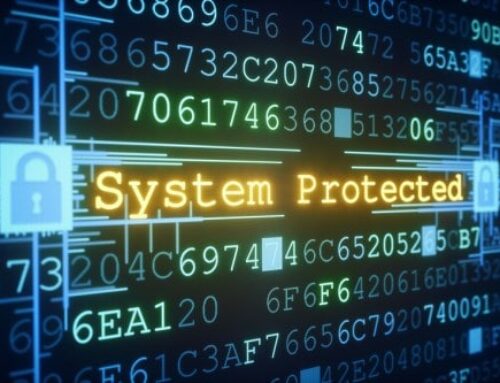Common Email Mistakes:
Email isn’t just a method of communication. It is also a primary means of assigning and prioritizing work. Email is also considered one of the greatest causes of workplace stress, anxiety, and frustration. If email is managed and responded to correctly, productivity can be improved and stress can be reduced.
Checking Email First Thing in the Morning
As soon as the alarm goes off, many people have their phone in their hand. As a force of habit, email is automatically checked. However, people can’t do anything about those emails since they are just waking up and still in bed. Instead of checking email first, people should review their calendar and lists for important events and tasks that are planned for the day.
Constantly Grazing on Email
Often times, people peruse their inbox with no real commitment to fully reading emails or taking any action. Email is checked so often that it is hard to focus on a single task. It is better to set aside two or three blocks of time per day to soles focus on reading and processing emails. Take the time to read each email, decide what it means, and handle the message accordingly.
Doing Work While Emailing
It is very common to find something actionable when reading emails. When this happens, people usually stop, handle the task, and then go back to the rest of the emails. However, processing emails in this way means that it is possible to miss more urgent items. It is best to only process and read emails then go back and perform any actionable items. The exception to this is if there is a task that can be completed in two minutes or less.
Rereading Emails
Many times people will read an email and think, “I don’t have time to think about this.” The email is then left in their inbox for later. People should only red emails when they intend to decide what it means and how they will handle it (add it to a to-do list, respond, trash, etc.).
Not Trashing Enough
Around 20% of an inbox consists of things that people would deem trash. However, people allow these emails to stay in their inbox. This leads to wasting time rereading unnecessary emails. If an email is trash, it is important to delete it after it has been read.
Work lives and dies by email. Avoiding common email mistakes makes life easier. It is up to each person to decide if he/she will allow the never-ending stream of requests and communication to affect productivity, results, and sanity. Once the habit of processing emails is in place, it is much easier to work proactively instead of reactively.
For more Tidbits & Thoughts, please click here.






